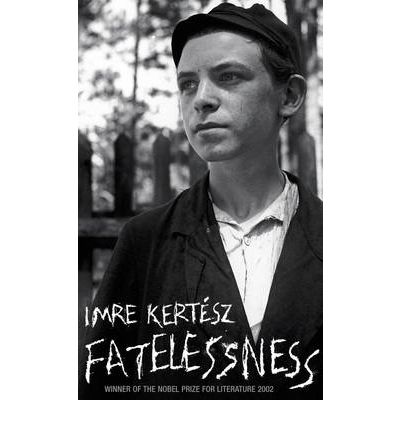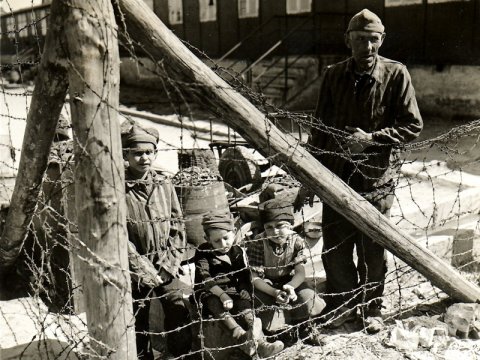Nobel Laureate Imre Kertesz – a Hungarian author, Holocaust concentration camp survivor Dies at 86 –
Nobel Literature Laureate Imre Kertesz Dies at 86
Kertesz was only 14 when he was deported to the Auschwitz concentration camp in Poland in 1944. He survived that camp and later was transferred to the Buchenwald camp from where he was liberated in 1945.“As a child you have a certain trust in life. But when something like Auschwitz happens, everything falls apart,” he once said.
Yet Kertesz also made a startling confession that he experienced “my most radical moments of happiness” while at Auschwitz.
“For writing that upholds the fragile experience of the individual against the barbaric arbitrariness of history”
<> <> <>
A film based on his novel Fatelessness was made in Hungary in 2005 for which he wrote the script.[3] Although sharing the same title, the movie is more autobiographical than the book. The film was released at various dates throughout the world in 2005 and 2006.
“The film had to try very hard to avoid Holocaust clichés,” Mr. Kertész said. “It could be emotional, but never sentimental.” (NYtimes)
“I am a medium for the spirit of Auschwitz. Auschwitz speaks through me. Everything else seems stupid to me, compared to that.”
Nobel Prize
Children and Adolescents in Buchenwald Concentration Camp
The Last Word: Interview with Irme
Q: You’re the first Hungarian to win a Nobel literature prize. How is it to be getting a hero’s welcome?
A: It’s very strange for me because I’m certainly no hero. I’ve always looked on my writing as a very private matter. For decades I had no audience and lived on the fringes of society.
Q: You’ve said that it’s easier to write literature in a dictatorship than in a democracy.
A: That was too sweeping a statement, but there’s a truth to it. Because I didn’t write what the communist government wanted to see, I was cut off and alone with my work. I never thought my book would ever be published, and so I had the freedom to write as radically as I wanted, to go as deep inside as I wanted. In a democracy you have to find a market niche, make sure a novel is “interesting” and “spectacular.” That may be the toughest censorship of all.
 (
(
